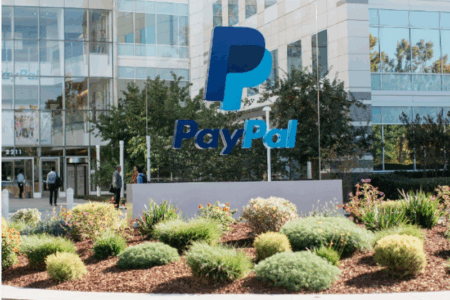It has been a wild and tumultuous year for property developers.
Although most have a diversified portfolio of properties, the pandemic has hit the hotel segment hard and the resulting poor sentiment has dented demand for residential properties.
City Developments Limited (SGX: C09), or CDL, is no exception.
In late January, the property conglomerate issued a profit warning, citing large losses due to the write-down of its Chinese joint venture investment.
True to its word, when CDL reported its full-year 2020 earnings, it shocked the stock market with a massive S$1.9 billion loss.
A triple whammy
The huge loss was caused by a triple whammy of impairments and accounting losses brought about by the crisis.
The main culprit was CDL’s one-off impairment of S$1.78 billion on its joint venture investment in China, Sincere Property Group (“Sincere”).
This massive impairment accounted for 93% of the group’s total investment in Sincere.
The Chinese government had implemented a new “Three Red Lines” policy to cap borrowings for real estate developments in light of the pandemic.
This policy was enacted in August last year to rein in housing prices and prevent a housing bubble from bursting.
Developers will be assessed on three conditions: liabilities to assets cannot exceed 70%, net debt to equity should be less than 100%, and cash to short-term borrowings ratio needs to be at least one.
As of 31 December 2020, Sincere had not met any of these three criteria.
Because of this, Sincere may face significant liquidity problems and may require CDL to inject rescue financing.
In addition to this impairment, CDL also had to record impairment losses of S$99.5 million for its hotels and investment properties.
Operating statistics for the group’s hotel operations showed that for the fiscal year 2020, room occupancy fell almost 36 percentage points year on year to just 38.6%.
The average room rate dipped 31.6% year on year to S$137.2, while revenue per available room (RevPAR), a key measure for hotel profitability, plunged by nearly 65% year on year to S$52.9.
CDL also booked allowance for foreseeable losses on development projects of S$35 million due to overall weaker buyer sentiment.
Core business still profitable
Excluding the above impairments and losses, CDL would have reported a profit before tax of S$120.8 million.
Aside from the group’s hotel operations, the rest of CDL’s portfolio remained fairly resilient and could hold its own.
Investors should note that the impairments made are essentially accounting entries that have no cash flow impact.
For 2020, however, operating cash flow turned negative due to the unprecedented challenges faced by the group on multiple fronts.
Free cash flow was therefore also negative, a sharp reversal from 2019.
Despite the poor showing, CDL still declared a final dividend of S$0.08 and a special dividend of S$0.04, bringing 2020’s full-year dividend to S$0.12.
The total dividend was 40% lower than the dividend of S$0.20 paid out in 2019 but does show CDL’s commitment to rewarding shareholders despite its poor financial performance.
Pushing on with business initiatives
Management, however, is not fazed about the tough environment.
It is pushing on with strategies such as asset enhancement initiatives (AEI) and asset rejuvenation.
AEI was just completed last year for the City Industrial Building to enhance the building’s aesthetics.
For Cideco Industrial Complex, CDL targets to complete its AEI this year.
The redevelopment of both Fuji Xerox Tower and Central Mall is also on the cards.
Once completed, the group can then enjoy an uplift in the gross floor area, allowing it to earn higher rental income.
And under its fund management arm, CDL plans to accelerate the establishment of a Singapore-listed REIT with UK commercial assets.
Subdued outlook
CDL’s hotel operations continue to face tough conditions, though management has reported seeing some green shoots of recovery.
Domestic demand in Europe is expected to hold up as lockdowns ease, while the group’s hotels in Singapore and New Zealand are positioning to hold large-scale events for major global conferences.
Significant uncertainty remains, though, about the timing and trajectory of the recovery.
CDL is relying on its GET strategy (growth, enhancement and transformation) to navigate the crisis so that it can emerge stronger.
Get Smart: A long road of uncertainty
There’s no doubt the recovery for CDL remains challenging based on today’s business outlook.
A long, tough road lies ahead for the property behemoth.
With its strong balance sheet and ready access to multiple sources of liquidity, investors need not worry about CDL going under.
However, management needs to steer its ship in the right direction before the group can enjoy glory days once again.
Want to know what are the 10 Growth Stocks that could Supercharge Your Portfolio? In our latest special FREE report, we cover 3 unstoppable growth trends and the 10 stocks that will ride them in 2021 and beyond! CLICK HERE to download now!
Follow us on Facebook and Telegram for the latest investing news and analyses!
Disclaimer: Royston Yang does not own shares in any of the companies mentioned.




